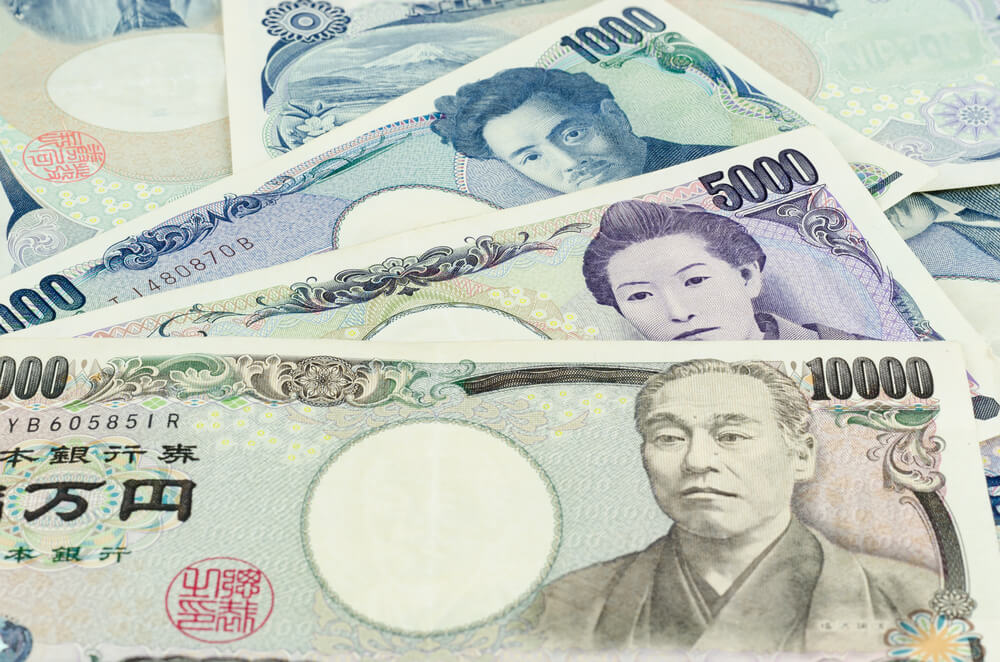
The USD/JPY pair sees an upswing during the Asian session, although the momentum lacks full bullish conviction. The likelihood of another Fed rate hike in September provides some support to the US Dollar, reflecting on the pair’s positive movement. As the focus now shifts to the US Q2 GDP data release, investors eagerly await fresh impetus ahead of the Bank of Japan’s decision on Friday.
After sliding to a weekly low following the FOMC decision, the Dollar Yen conversion reversed some losses. Currently, the pair is trading just below the mid-140.00s, marking a 0.15% gain for the day. The Japanese Yen’s bearish sentiment is fueled by plenty of market expectations. For example, investors anticipate the Bank of Japan (BoJ) to maintain its accommodative monetary stance. BoJ Governor Kazuo Ueda’s reassurance on the stability of long-term yield rates under the yield curve control (YCC) policy, combined with the positive global equity market sentiment, weakens the JPY’s safe-haven status, further supporting USD/JPY.
However, the intraday gains appear cautious, warranting prudence before taking any further intraday positions. Market participants are eagerly awaiting the release of the Advance US Q2 GDP data during the early North American session. Additionally, the day’s US economic docket includes Weekly Initial Jobless Claims, Durable Goods Orders, and Pending Home Sales data. The market’s attention remains on the Bank of Japan’s monetary policy update and the US Core PCE Price Index, the Fed’s preferred inflation gauge, which will be released on Friday.
Protection Sought Against Potential BOJ Tweak Surprise with FX Options Pricing Showing Growing Caution
The FX options market indicates increasing wariness towards a potential Bank of Japan (BoJ) policy tweak on Friday. Higher option prices reflect the market’s willingness to pay more for hedging against that risk.
Implied volatility for JPY-related options expiring after the BoJ decision eased slightly after dovish comments from the BoJ governor last week. However, volatility rebounded this week, spurred further by warnings from major banks about the increased likelihood of BoJ action.
FX option implied volatility (IV) for shorter-dated expiries is now approaching recent and longer-term highs. Notably, the implied volatility premium for JPY calls over puts – options that allow holders to buy JPY versus sell it – has surged to new 3-year highs around 4.3. This USD/JPY downside versus upside strike volatility risk premium exceeded pre-March 10 BoJ decision levels.
USD/JPY Technical Analysis: US Dollar Shows Signs of Life Against Japanese Yen
Yen conversion bounced back above the key level amidst anticipation of the Bank of Japan interest rate decision
The USD/JPY exchange rate initially declined against the Japanese yen but later exhibited a turnaround on Thursday, signaling renewed strength. The 50-day EMA provided support, leading to the pair climbing above the ¥140 level after a slight decline in the session’s early stages. However, the Bank of Japan’s imminent interest rate decision may introduce further volatility to the market.
If the pair breaks above the day’s candlestick high, it could serve as a technical buying signal. However, traders are cautious, considering the potential impact of the Bank of Japan’s decision on market movements. A potential breakdown below the candlestick low might result in a move towards the ¥138 level, which serves as a psychologically significant figure and the top of an ascending triangle.
The 200-Day EMA’s ongoing progress towards the mentioned area is likely to attract considerable attention. Overall, the market sentiment favors an upward trajectory, with the interest rate differential remaining a significant driver for the pair. Traders may find buying on dips to be a prudent strategy, anticipating further upside momentum and potential opportunities amidst the Bank of Japan’s involvement.


